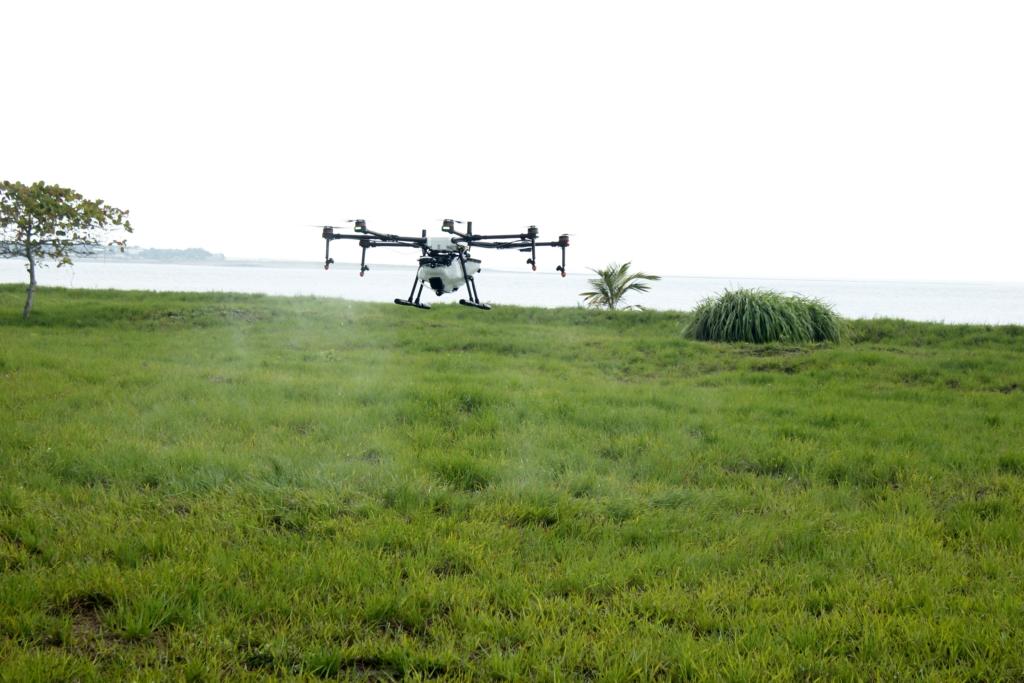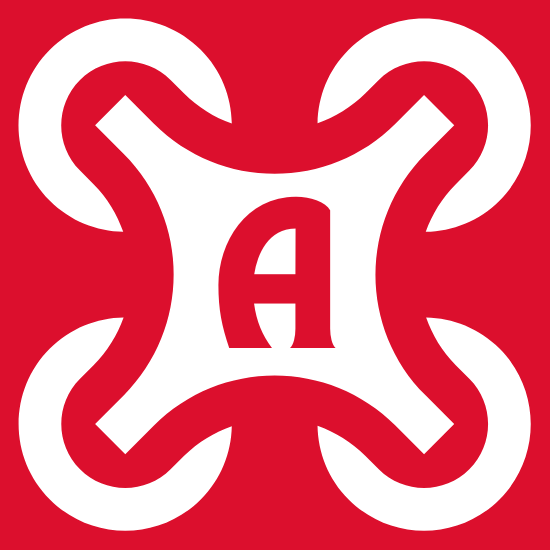Pilot Certificate – Level 1 Complex RPAS

Advance your drone career with our comprehensive Level 1 Complex Operations training program. Designed to prepare pilots for Transport Canada’s Level 1 Complex RPAS Certificate exam, this course combines expert instruction with practical insights to help you master the knowledge and confidence required for safe and compliant complex BVLOS operations. Join us to gain hands-on experience, understand Canadian airspace regulations, and become a certified professional drone pilot.
3 Days
20 hours Ground School + 3 hours Flight Training + 1 hour Flight Review
Price: $2,000
Course Objectives
By the end of this course, students will be able to:
- Gain Pragmatic and Theoretical Expertise: Develop a deep understanding of complex BVLOS UAV operations, including complex flight maneuvers and operational strategies.
- Excel in UAV Operation: Master the skills required to fly the UAV, both manually and autonomously, under complex, high-risk environments
- Apply Drone Technology Across Industries: Explore versatile applications of drone technology, spanning sectors such as oil and gas, surveying, and more. Acquire the skills to make a meaningful impact in various domains.
- Ready for Level 1 – Complex Online Exam: With expert instruction and practical guidance, gain the confidence and knowledge needed to successfully pass the exam and move one step closer to becoming certified for Complex Operations in Canada.
Class Schedule & Topics
| Date | Content |
| Day 1 (8 Hours) | Introduction to Transport Canada’s Level 1 Complex certification requirements. Review exam structure, key regulations, and course objectives. Detailed study of Canadian Aviation Regulations (CARs) as they apply to RPAS operations. Covers airspace classifications, VLOS/BVLOS rules, NOTAMs, and legal responsibilities for advanced operations. Breakdown of UAV designs including multirotor and fixed-wing systems. Explore propulsion, batteries, sensors, payload integration, and required maintenance practices. Study human performance limits including fatigue, stress, and attention. Learn Crew Resource Management (CRM) and decision-making skills for safe RPAS operations. |
| Day 2 (8 Hours) | Understand how weather impacts drone operations including wind, turbulence, visibility, and icing. Learn to interpret aviation weather products such as METARs and TAFs. Learn how to use aeronautical charts, GPS systems, and coordinate systems for flight planning. Covers dead reckoning, route plotting, and airspace navigation in RPAS missions. Practical knowledge of pre-flight planning, site surveys, and risk assessments. Covers SMS (Safety Management Systems), emergency planning, and contingency procedures. Review aerodynamics principles including lift, drag, thrust, and stability. Apply these to RPAS performance factors such as altitude, payload, and efficiency. |
| Day 3 (8 Hours) | Learn standard aviation phraseology and communication protocols for RPAS operations. Practice simulated ATC interactions to prepare for complex airspace communication. Operational Training, Pre-Flight Planning, Site Survey & Risk Assessment, Navigation Plan Generation (FLTPLAN GO & NAV Drone), Flight Review & Online Exam |
